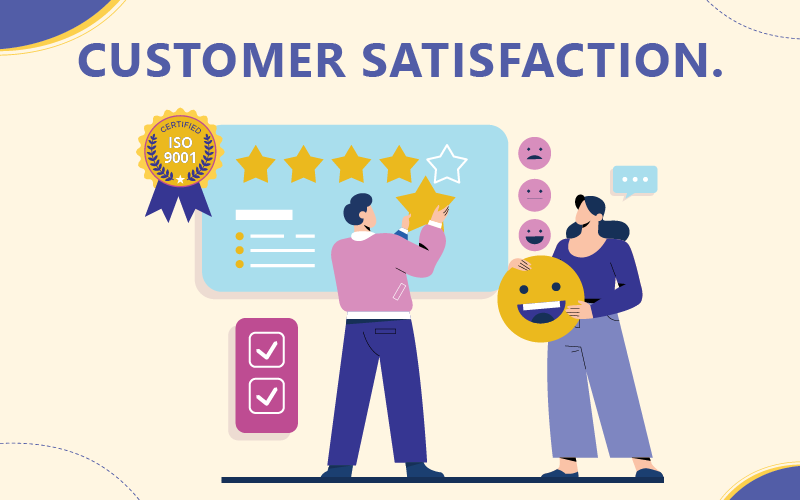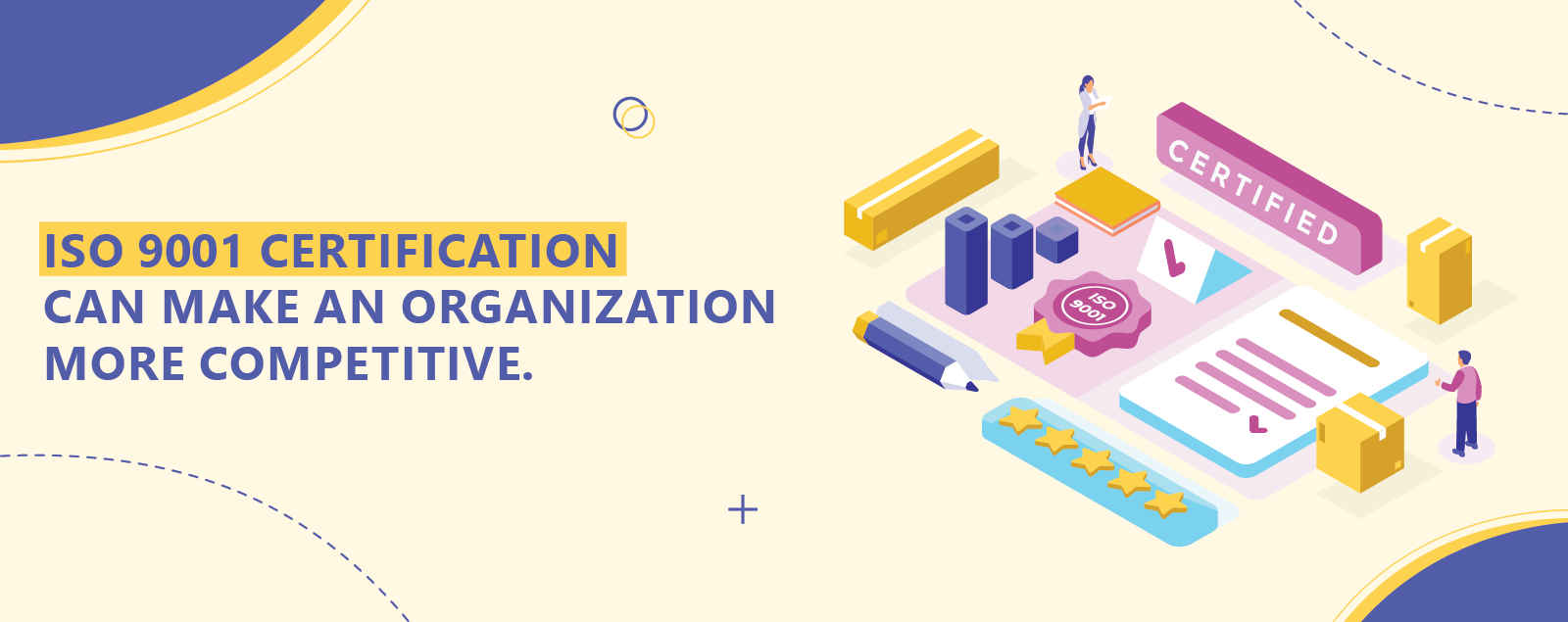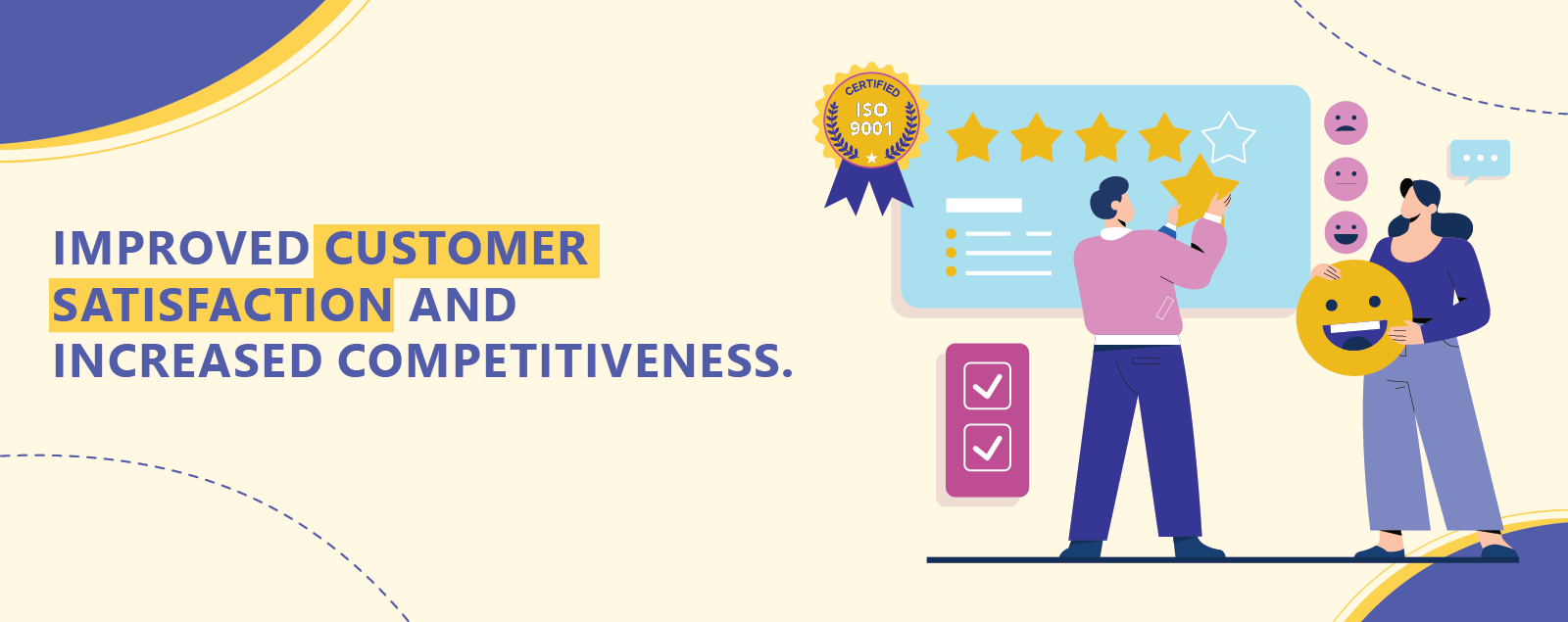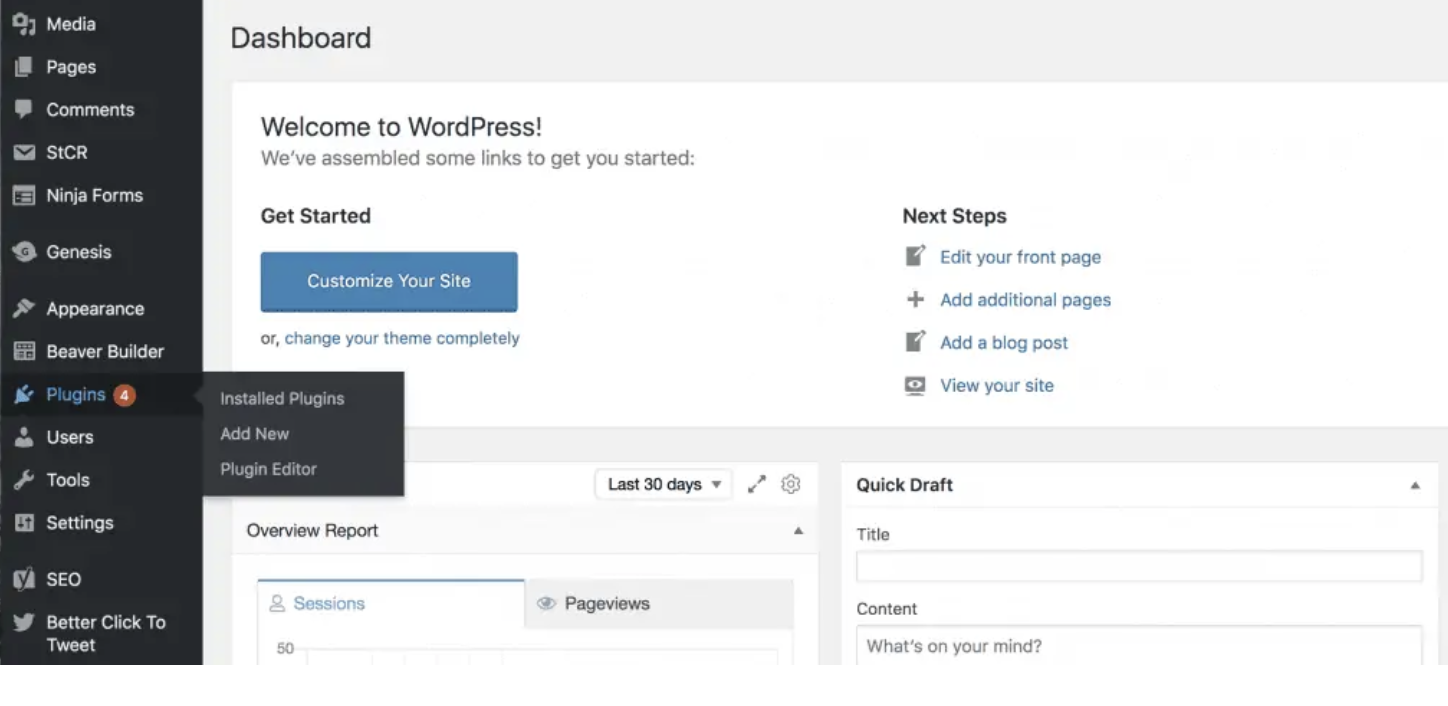Software
A Quick Feature Guide Into Tools For MSP To Help Manage MacOS!

Finding Mac-friendly MSP software is not an easy task to do today. With an increasing shift to the adoption of MacOS as business computers and BYOD (Bring-Your-Own-Device) policies by employers, it has become essential for businesses to get well-automated, feature-rich tools for effortless monitoring.
Firstly, a massive part of modern business operations today relies on high-end digital tools designed for smart devices. Secondly, employees are increasingly switching their Windows devices to Apple devices for better and smoother work. As a result, the need for the right tools for MSPs to help manage macOS is also increasing with each passing day.
Therefore, many Managed Service Providers are repositioning their offerings to ensure better support for this growing tech trend. In this write-up, we will discuss what MSPs are and the must-have features of Managed Service Provider Software or tools. Personal Loan in UAE, New and Old Car Loan, Home Mortgage Loan, Credit Cards, Business Loan
What Are MSPs?
Managed Service Providers are IT-supported businesses of client organizations. They largely depend on PSA software, RMM software, backup software, anti-virus and & security software, and recovery to manage their client database.
Managing and monitoring are their endpoints. They are primarily responsible for network management, remote monitoring, IT & billing desk management. And to effectively monitor and manage all these Managed Service Providers have a distinct MSP software.
Why Are MSP Tools Necessary?
When integrated with the right tool, Managed Service providers can get the job done quickly & securely. MSP tools can control everything from VM (Virtual machine), database administration, and management to server and application monitoring.
Must-Have Features Of MSP Tools
When choosing suitable tools for managing macOS business devices, listed below are a few must-have features of tools for MSPs to help manage macOS efficiently. Finest Loan Hub
RMM
RMM (Remote Monitoring Management) is the cornerstone of managed service providers as it allows businesses to track real-time monitoring & alerts at regular intervals. It helps gain in-depth visibility from a single console into the client’s network. A unified RMM tool is a must-have to maintain clients’ devices at a distinguished level.
Reads More: skunk haircut
RMM tool simplifies the management of every modern device and a traditional device providing excellent customer service to clients. Listed below are a few benefits of having an RMM tool for MSPs managing macOS –
- Automated patch management
- Multi-tenant architecture
- Simplified customer onboarding
- Complete asset management
- One-click automation
- VM & server monitoring
- Alert escalation and fault detection
- Network analytics and reporting
Seamless Onboarding
Whenever you choose a tool for MSPs for managing macOS, make sure the software can easily monitor all devices and offers a seamless onboarding setup. The reason is that a complicated setup might need experts’ guidance, which can be time-consuming. Hence, a good tool should offer a simplified and straightforward onboarding setup for further client satisfaction.
Patch Management
Patch management is yet another vital feature Managed Service Provider tools must have as it minimizes the vulnerabilities that might occupy significant work of another agent. An efficient patch management system will help identify the correct patch. It then provides data valid for future incidents. If a Managed Service Provider’s tool holds a patch management feature, it is a sure-shot winner.
Summing Up
As an MSPs tool, these are the top must-have features that every service provider must look for when managing a macOS-operated client’s network. These tools with such high-end features ensure better mobility for agile teams. Clients will surely get real-time, accurate system information to support end users.
Furthermore, these will ensure better speed with help desk automation & functionality that will undoubtedly streamline the automation, monitoring, and management process.
Author Bio:
This is Aryan, I am a professional SEO Expert & Write for us technology blog and submit a guest post on different platforms- Technoohub provides a good opportunity for content writers to submit guest posts on our website. We frequently highlight and tend to showcase guests
SEO
Which WordPress Plugin Is Best for SEO? + Top 7

Which WordPress Plugin Is Best for SEO? + Top 7
WordPress is the most popular content management system (CMS) in the world, powering over 40% of all websites. One of the reasons for its popularity is its wide range of plugins, which allow users to add new features and functionality to their websites without having to write any code.
When it comes to SEO, there are a number of WordPress plugins that can help you improve your website’s ranking in search engine results pages (SERPs). In this blog post, we will review the top 7 WordPress plugins for SEO and help you choose the best one for your needs.
Before we dive into the list, let’s first understand what SEO is and why it’s important.
SEO stands for search engine optimization. It is the process of optimizing your website so that it ranks higher in SERPs for relevant keywords. This can be done by improving your website’s content, structure, and technical aspects.
SEO is important because it can help you attract more visitors to your website. When your website ranks higher in SERPs, it is more likely to be seen by potential visitors. This can lead to more traffic, leads, and sales.
Now that we understand the importance of SEO, let’s take a look at the top 7 WordPress plugins for SEO:
1. Yoast SEO
Yoast SEO is the most popular WordPress SEO plugin, with over 11 million active installations. It is a comprehensive plugin that offers a wide range of features, including:
- On-page SEO analysis: Yoast SEO analyzes your content and gives you suggestions on how to improve it for SEO.
- XML sitemap generation: Yoast SEO automatically generates an XML sitemap for your website, which helps search engines crawl and index your pages more easily.
- Canonicalization: Yoast SEO allows you to set canonical URLs for your pages, which helps to avoid duplicate content issues.
- Breadcrumb support: Yoast SEO adds breadcrumbs to your website, which helps visitors navigate your site more easily.
- Social media integration: Yoast SEO makes it easy to optimize your website for social media.
Yoast SEO is a great option for both beginners and experienced users. It is easy to use and offers a wide range of features to help you improve your website’s SEO.
2. Rank Math
Rank Math is another popular WordPress SEO plugin, with over 1 million active installations. It is a newer plugin than Yoast SEO, but it has quickly become one of the most popular SEO plugins available.
Rank Math offers similar features to Yoast SEO, but it also has some additional features, such as:
- Keyword research tools: Rank Math includes a built-in keyword research tool that helps you find the right keywords to target for your website.
- Schema markup support: Rank Math can help you add schema markup to your website, which helps search engines understand your content better.
- Local SEO support: Rank Math can help you optimize your website for local SEO.
Rank Math is a great option for users who want a comprehensive SEO plugin with all the bells and whistles. It is also a good option for users who are looking for a keyword research tool.
3. All in One SEO Pack
All in One SEO Pack is one of the oldest WordPress SEO plugins, with over 3 million active installations. It is a basic SEO plugin that offers the following features:
- Title and meta description optimization: All in One SEO Pack allows you to optimize your titles and meta descriptions for SEO.
- XML sitemap generation: All in One SEO Pack can automatically generate an XML sitemap for your website.
- Canonicalization: All in One SEO Pack allows you to set canonical URLs for your pages.
All in One SEO Pack is a good option for beginners who are looking for a basic SEO plugin. However, it is not as comprehensive as Yoast SEO or Rank Math.
4. SEOPress
SEOPress is a relatively new WordPress SEO plugin, but it has quickly become one of the most popular SEO plugins available. It is a comprehensive SEO plugin that offers a wide range of features, including:
- On-page SEO analysis: SEOPress analyzes your content and gives you suggestions on how to improve it for SEO.
- XML sitemap generation: SEOPress automatically generates an XML sitemap for your website.
- Canonicalization: SEOPress allows you to set canonical URLs for your pages.
- Breadcrumb support: SEOPress adds breadcrumbs to your website.
- Schema markup support: SEOPress can help you add schema markup to your website.
- Local SEO support: SEOPress can help you optimize your website for local SEO.
SEOPress is a great option for users who want a comprehensive SEO plugin with a variety of features.
5. The SEO Framework
The SEO Framework is a lightweight WordPress SEO plugin that offers a number of useful features, including:
- On-page SEO analysis: The SEO Framework analyzes your content and gives you suggestions on how to improve it for SEO.
- XML sitemap generation: The SEO Framework automatically generates an XML sitemap for your website.
- Canonicalization: The SEO Framework allows you to set canonical URLs for your pages.
- Breadcrumb support: The SEO Framework adds breadcrumbs to your website.
- Schema markup support: The SEO Framework can help you add schema markup to your website.
The SEO Framework is a good option for users who want a lightweight SEO plugin with all the essential features.
6. WP Smush
WP Smush is an image optimization plugin that can help you improve your website’s SEO. Image optimization is the process of reducing the file size of images without sacrificing quality. This can help to improve your website’s loading speed, which is a factor that search engines consider when ranking websites.
WP Smush can automatically optimize your images when you upload them to your website. It can also optimize images that are already on your website.
WP Smush is a good option for users who want to improve their website’s SEO by optimizing their images.
7. A3 Lazy Load
A3 Lazy Load is a lazy loading plugin that can help you improve your website’s loading speed. Lazy loading is a technique that delays the loading of images and other non-critical resources until they are needed. This can help to improve your website’s loading speed, especially for users with slow internet connections.
A3 Lazy Load is a good option for users who want to improve their website’s SEO by improving its loading speed.
Which WordPress SEO Plugin Is Best for You?
The best WordPress SEO plugin for you will depend on your individual needs and budget. If you are a beginner, I recommend starting with Yoast SEO or Rank Math. Both of these plugins are easy to use and offer a wide range of features to help you improve your website’s SEO.
If you are an experienced user and want a plugin with even more features, I recommend SEOPress or The SEO Framework. Both of these plugins offer a wide range of features and are highly customizable.
If you are on a tight budget, All in One SEO Pack is a good option. It is a basic SEO plugin that offers all the essential features.
Conclusion
There are a number of great WordPress SEO plugins available. The best plugin for you will depend on your individual needs and budget. I recommend starting with Yoast SEO or Rank Math if you are a beginner.
If you are an experienced user and want a plugin with even more features, I recommend SEOPress or The SEO Framework.
FAQs
Q: Which WordPress SEO plugin is the most popular?
A: Yoast SEO is the most popular WordPress SEO plugin, with over 11 million active installations.
Q: Which WordPress SEO plugin is the best for beginners?
A: Yoast SEO and Rank Math are both great WordPress SEO plugins for beginners. They are easy to use and offer a wide range of features to help you improve your website’s SEO.
Q: Which WordPress SEO plugin is the best for advanced users?
A: SEOPress and The SEO Framework are both great WordPress SEO plugins for advanced users. They offer a wide range of features and are highly customizable.
Q: Which WordPress SEO plugin is the best for free?
A: All in One SEO Pack is a good free WordPress SEO plugin. It offers all the essential features, but it is not as comprehensive as some of the other plugins on this list.
Q: Which WordPress SEO plugin is the best for paid users?
A: Yoast SEO Premium and Rank Math Pro are both great paid WordPress SEO plugins. They offer a number of additional features, such as keyword research tools and schema markup support.
I hope this article has helped you choose the best WordPress SEO plugin for your needs.
How To..
Quality Assurance: Ensuring the Success of Your Business

In today’s competitive market, businesses must strive to deliver high-quality products and services that meet the expectations of their customers. To achieve this goal, businesses need to implement a robust quality assurance process that ensures the consistency, reliability, and overall excellence of their offerings.
Quality assurance is a process that involves the systematic monitoring, business intelligence, evaluation, and improvement of the various processes and practices that contribute to the production of a product or service. The goal of quality assurance is to identify and correct any defects, errors, or deficiencies in these processes and practices to ensure that the final product or service meets the desired quality standards.

Which are The Quality Assurance Process key Steps
The quality assurance process typically involves several key steps, including:
Defining quality standards: The first step in any process is to define the quality standards that the product or service must meet. These standards should be clear, measurable, and achievable and should be based on the needs and expectations of the customer.
Developing quality procedures: Once the quality standards have been defined, the next step is to develop procedures and processes that ensure that these standards are met. This may include establishing quality control checkpoints, conducting regular inspections and audits, and implementing corrective actions when necessary.
Monitoring and evaluating performance: The quality assurance process involves ongoing monitoring and evaluation of the performance of the various processes and procedures that contribute to the production of the product or service. This may include tracking metrics such as defect rates, customer satisfaction levels, and other key performance indicators.
Continuous improvement: Finally, the quality assurance process involves continuous improvement, whereby the organization identifies areas for improvement and takes steps to implement changes that enhance the overall quality of the product or service.
Benefits To a Business for Quality Assurance
Implementing a robust quality assurance process can provide numerous benefits to a business, including:
Improved customer satisfaction: By ensuring that the products and services meet the desired quality standards, businesses can enhance customer satisfaction and loyalty.
Increased efficiency:The processes can help identify inefficiencies and areas for improvement, leading to increased efficiency and productivity.
Reduced costs: By identifying and correcting defects and errors early in the process, businesses can reduce the costs associated with rework, warranty claims, and other quality-related issues.
Enhanced reputation: A reputation for quality can be a significant competitive advantage, helping businesses to attract and retain customers.
In order to implement an effective quality assurance process, there are several key principles that businesses should keep in mind. These include:
The importance of leadership: Quality assurance requires strong leadership from senior management. Leaders must set the tone for quality by establishing clear expectations, providing the necessary resources, and leading by example.
The need for continuous improvement: It is an ongoing process that requires continuous improvement. Businesses should be constantly looking for ways to enhance their processes and procedures in order to achieve better results.
The value of data: Quality assurance relies on data to identify areas for improvement and measure performance.Crazy games & Businesses should establish clear metrics for quality and regularly collect and analyze data to track progress and identify opportunities for improvement.
The importance of collaboration: Quality assurance is a team effort that requires collaboration across departments and functions. Businesses should encourage open communication and collaboration between teams in order to identify and address quality issues.
The need for a culture of quality is not just a process, it’s a mindset. Businesses must create a culture of quality that values excellence, continuous improvement, and customer satisfaction.

In addition to these principles, there are several key tools and techniques that businesses can use to implement a successful quality assurance process. These include:
Quality control checklists: Checklists can help ensure that all necessary steps are taken to meet quality standards and identify any issues that may arise.
Statistical process control: Statistical process control involves using statistical methods to monitor and control processes,so ensuring that they remain within specified quality limits.
Six Sigma: Six Sigma is a data-driven approach to quality assurance that seeks to minimize defects and variability in processes.
Root cause analysis: Root cause analysis involves identifying the underlying causes of quality issues in order to develop effective corrective actions.
Conclusion:
In conclusion, quality assurance is a critical process for businesses that seek to deliver high-quality products and services that meet the expectations of their customers. By implementing a robust process, businesses can ensure the consistency, reliability, and overall excellence of their offerings, leading to improved customer satisfaction, increased efficiency, reduced costs, and an enhanced reputation.
Overall, quality assurance is a critical process for businesses that seek to deliver high-quality products and services that meet the expectations of their customers. By implementing a robust inprocess, businesses can enhance customer satisfaction, increase efficiency, reduce costs, and build a strong reputation for quality and excellence.
Software
ISO 9001 and ISO 27001 Customer Satisfaction & Competitiveness

In the cutthroat business world of today, firms must discover methods to set themselves apart from their rivals. The ISO 9001 and ISO 27001 certifications are two that can aid firms in achieving this. These accreditations are crucial for upholding security and quality standards, but they may also help businesses become more competitive and boost consumer satisfaction.
The ISO 9001 quality management standard aids businesses in streamlining their operations and enhancing their offerings to better serve their clients. The standard offers enterprises a framework for continuously evaluating and enhancing their quality management systems. Organizations may show their dedication to offering their clients high-quality goods and services by putting ISO 9001 certification into practice.
A security management standard called ISO 27001 aids firms in controlling their information security threats. The standard offers enterprises a structure for continuously monitoring and managing their security threats. Organizations may show their dedication to safeguarding the private information of their clients by implementing ISO 27001 certification.

How ISO 9001 Certification Helps To Improve Customer Satisfaction
The ability to increase customer satisfaction for firms is one of the main advantages of ISO 9001 certification. Organizations may enhance their operations and provide better goods and services by putting ISO 9001 into practice. Increased client loyalty and satisfaction may arise from this. Moreover, grc compliance tools ISO 27001 certification may help increase customer satisfaction by proving that a company has put strong information security procedures in place, which can reassure customers.

How ISO 9001 Certification Can Make An Organization More Competitive In Its Industry
The ISO 9001 certification can increase a company’s competitiveness in its sector. Having ISO 9001 certification can help businesses get contracts and bids since many consumers demand it of their suppliers. The importance of ISO 27001 certification to enterprises is also rising. Customers are starting to demand that their suppliers have ISO 27001 certification as more enterprises begin to understand the value of information security.
Analysis of the specific benefits that organizations have experienced With both Certificate
The implementation of ISO 9001 and ISO 27001 certifications has raised the competitiveness and improved customer satisfaction of many firms. A company that develops bespoke software for clients is one example of such a business. Customer satisfaction significantly increased once the organization adopted ISO 9001 and ISO 27001 certifications. The firm’s clients valued the fact that it had strong quality and security controls in place because it gave them faith in its ability to produce high-quality software solutions.
A financial services firm that offers clients portfolio management and investment guidance is another institution that adopted both qualifications. After putting both certificates into practice, the business witnessed an improvement in its competitiveness. Customers valued the company’s adoption of stringent quality and security controls because it gave them faith in its capacity to handle their assets safely and successfully.
Why should an organization have both 9001 and 27001?
Because they cover various facets of a company’s activities, ISO 9001 and ISO 27001 certifications are both necessary for a business. Although ISO 27001 is a security management standard that aids an organization in managing its information security threats, ISO 9001 is a quality management standard that assists a company in improving its processes and services to fulfil customer needs.

The following subjects demonstrate the advantages of holding both certifications:
Integrated risk management strategy: ISO 9001 concentrates on managing risks related to quality, whereas ISO 27001 concentrates on managing risks connected to information security. An business may manage risk completely by covering both quality and information security threats by holding both certifications.
Enhanced consumer pleasure: ISO 9001 aids businesses in enhancing their operations and offerings, which can result in heightened client contentment. The implementation of strong information security controls is demonstrated by ISO 27001, which may help increase customer satisfaction.
Enhanced competitiveness: Possessing both certificates can boost an organization’s standing in its sector. Widely used and effective, ISO 9001 may aid a firm in procuring contracts and bids. As more businesses realise the value of information security, ISO 27001 is becoming more significant.
Legal and regulatory compliance: ISO 27001 assists enterprises in meeting their legal and regulatory obligations regarding information security. Having both certifications demonstrates an organization’s dedication to following all applicable legal and regulatory obligations.
Better risk management culture: To get either certification, a company must have a risk management culture. An company may create a strong culture of risk management that addresses both quality and information security threats by applying both standards.
Improved intellectual property protection: By ensuring that information is maintained securely, ISO 27001 aids enterprises in protecting their intellectual property. An business can prove that it has put in place adequate safeguards to protect its intellectual property by possessing both certificates.
Improved supply chain risk management: These standards call for a company to control its supply chain risks. An business may be sure that its suppliers are managing their quality and information security risks by applying both standards.
Conclusions:
In the cutthroat business world of today, firms must discover methods to set themselves apart from their rivals. Organizations may do this through boosting customer satisfaction and competitiveness by implementing ISO 9001 and ISO 27001 certifications. Organizations may acquire the trust and confidence of their consumers by showcasing their dedication to quality and security. This can result in more business prospects and income.
-

 Education2 years ago
Education2 years agoCreating Engaging And Relevant Content As A Literacy Influencer
-

 Internet3 years ago
Internet3 years agoWhat Are the Differences Between WP Rocket, RocketCDN and Cloudflare
-

 How To..2 years ago
How To..2 years agoWhat Is Better Than Safety Deposit Box
-

 Mobile Phones2 years ago
Mobile Phones2 years agoKnow About the New Upcoming Mobile Phones
-

 SEO2 years ago
SEO2 years agoWordPress: How to Fix ‘Add New Plugin Menu Not Showing
-

 Software2 years ago
Software2 years agoWhy is Content Workflow Software Necessary for Content Production
-

 Digital Marketing1 year ago
Digital Marketing1 year ago13 Possible Reasons Why Your Google Ads Are Not Showing Up
-
TVs2 years ago
All You Need to Know About the Toman Tokyo Revengers












